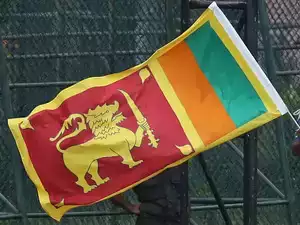
The Cabinet approval granted to allow motor vehicle imports comes after four years of "stringent import restrictions" imposed to preserve the island nation's foreign exchange reserves during the acute economic crisis, the President's Media Division said.
With the outbreak of COVID-19 in 2020, Sri Lanka imposed import restrictions to preserve forex reserves. The need then was to use the depleting foreign reserves for essential imports such as medicine, fuel and food.
"With the significant improvement in forex reserves and the strength of the rupee, the Cabinet of Ministers has decided to lift all vehicle import ban/restrictions by February 2025. This decision is part of our ongoing efforts to restore normalcy in the economy and meet the needs of our people," Foreign Minister Ali Sabry said in a post on X.
Under the first phase, the importation of public transport vehicles would be permitted from October 1. The second phase of allowing the importation of commercial vehicles would take place from December 1. The third phase would be in force from February 1, 2025, allowing the import of motor cars for private use, the statement said.
All importations would also be limited to under three years of manufacture.
The import of new vehicles is expected to "stimulate economic activity by increasing government revenue, particularly from vehicle imports, which have historically been a significant revenue stream for the country," it said. As the reintroduction of imports will put pressure on foreign exchange reserves, extra customs duties will be imposed to minimize its impact.
Depleted foreign reserves in April 2022 led to an unprecedented economic crisis in Sri Lanka, forcing the island nation to announce its first-ever sovereign default.
Disclaimer: The copyright of this article belongs to the original author. Reposting this article is solely for the purpose of information dissemination and does not constitute any investment advice. If there is any infringement, please contact us immediately. We will make corrections or deletions as necessary. Thank you.





